These 5 small businesses are killing it on social media
Size doesn't matter
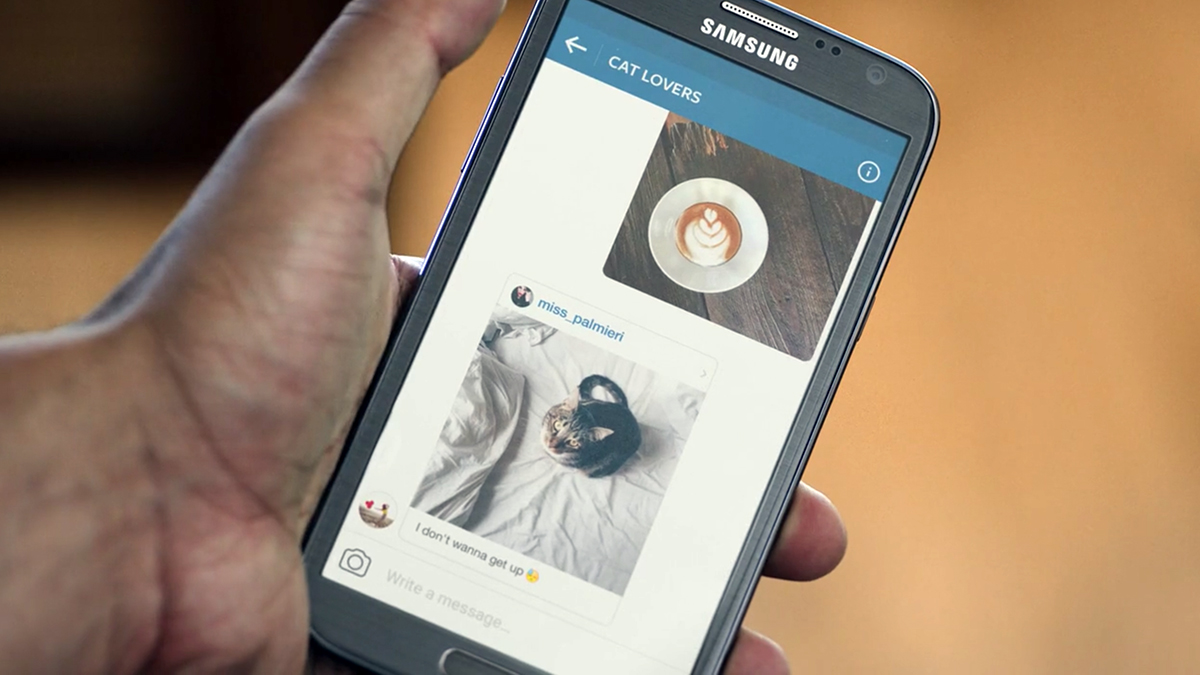
Sign up for breaking news, reviews, opinion, top tech deals, and more.
You are now subscribed
Your newsletter sign-up was successful
Introduction

It's crucial for any business, whether online or brick and mortar, to have a strong social media presence. Big brands have long been playing hardball on social, and while many small businesses are still learning the social media game, there are quite a few who are dominating it. And there's really no reason that they shouldn't be.
Facebook, Twitter, Instagram, Snapchat and all the other social apps are free to use (unless you're going the promoted post route), and provide instant access to billons of people. These platforms give businesses the opportunity to build brand engagement, promote specials, provide personalized customer service and even show some character.
Social media is, in essence, all about sharing and communicating, but each platform is a little different and what works well for a law firm, may not work so well for a restaurant. A key takeaway here is that you don't have to master every channel of social media to have a successful social media strategy. The goal is to determine the platform that works for you and rock out on it in a way that inspires others to rock out with you.
Here's a look at five small businesses that are representing themselves beautifully on various platforms in a variety of ways.
1. Rocksbox
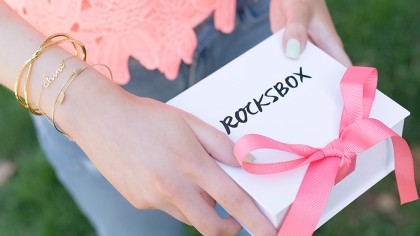
This San Francisco-based shopping subscription service is focused primarily on jewelry. Its services are available to members only, and to get those members, the company uses social media to the max. This little e-commerce boutique is big on showing off its products in glossy pics, which is what any retailer of visibly beautiful things like jewelry should be doing. Rocksbox aggressively uses Snapchat and Instagram to share photos of its shimmery goods and it's on the latter platform that it shines the brightest; Rocksbox has more than 75,000 Instagram followers.
"Rocksbox was smart to capitalize on Instagram and Snapchat early on," noted health and fitness blogger, and Rocksbox subscriber Alice Williams. "They use influencers strategically by featuring those who style their jewelry in the most creative way as well as rewarding them for the most amount of referrals per month. They use [Snapchat] to reveal new designs and make it a fun experience that gets the user excited about potentially getting that design in their next Rocksbox."
The brand doesn't have too many followers on Twitter (less than 3,500). But that's more reflective of the business' products than the brand's strategy: reading a tweet about jewelry isn't nearly as engaging as looking at a picture of jewelry.
Sign up to the TechRadar Pro newsletter to get all the top news, opinion, features and guidance your business needs to succeed!
2. Sports World Chicago
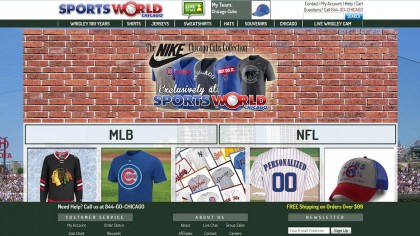
Here's an example of a small business that is brilliantly merging location, timing and social media to create buzz and build relationships with consumers. The Wrigleyville-based sports fan apparel and accessories supplier uses the location-based social media intelligence platform, Geofeedia, to reach users posting on social media about games in real-time at any stadium and offers them incentives to purchase while they're at the sporting event.
"The key is to find the people who are most likely to purchase and give them compelling incentives," said Brad Rosen, Sports World Chicago Partner. "That often means limited-time-offer discounts that drive people to our store, and fun promotions that are tied to live game activity. About 80% of the conversions I drive via Geofeedia involve in-store purchases; the other 20% drive e-commerce."
Sports World Chicago's strongest social media presence is on Facebook, where it has more than 28,000 followers.
3. Stittsworth Meats
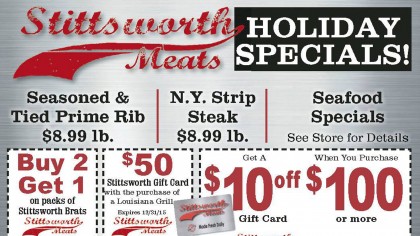
Think social media won't work for your business? Well, if it can work for a local butchery, we think it can work for anyone. Based in Bemidji, Minnesota, Stittsworth turned to social media after it relocated to a low-traffic area, owner Mychal Stittsworth wrote in a Facebook blog. A family business, Stittsworth Meats had been putting an ad in local papers every week since it opened its doors in 1933. In 2010, that marketing maneuver cost $100 a pop. After launching a Facebook fan page for the store, Stittsworth decided to take that $100 he'd spend on a paper ad and put it toward a raffle.
"I put together a gift basket and asked people to like our Facebook Page and enter our drawing," Stittsworth wrote. "We got people to connect with us online, we reminded them to visit the store, and we were able to do something good for our customers. The strategy worked, so I did more giveaways. Whenever traffic slowed, we did another one. It's something we still do today. Taking what we used to spend on conventional ads and spending it instead on giveaways and Facebook ads to boost our posts has been much more effective at driving traffic to our front door."
The meat market now has more than 35,000 likes on Facebook. Pretty impressive considering the town it's in only has a population of about 14,000 people.
4. Unique Vintage
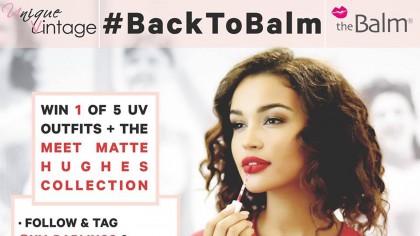
This vintage-inspired retailer is standing out among the racks of e-commerce boutiques by banking on one simple, brilliant concept: the hashtag. The Southern California-based business has been running the #iamunique hashtag campaign for years. Consumers are encouraged share pictures of themselves donning garbs from the boutique with the accompanying hashtag.
What's particularly interesting about this is that the hashtag #iamunique, is well, not unique. Tons of people tweet it out in relation to things that have nothing to do with Unique Vintage. You could argue that like a slogan, a brand should have a totally one of a kind hashtag. But in this case it works because people who search the hashtag who have no idea what Unique Vintage is can quickly find out all about it.
The brand has more than 83,000 followers on Instagram. And the hashtag is attached to nearly 11,000 posts.
5. Chubbies Shorts

This brand of men's apparel was born on the campus of Stanford by four bro pals. In the beginning, these kids were literally selling their 70's style short-shorts out of backpacks to friends. Now, thanks largely to social media prowess, Chubbies is a darling in the start-up world, having received millions in funding and write-ups in Business Insider and Forbes.
The company's products are slightly absurd, and require a strong sense of humor and irony, which makes it perfect for funny shares and kooky pictures. Chubbies is courting quite the fan following (just shy of 2 million "Likes" on Facebook). The company is also a finalist in the Small Business Big Game contest, which could see it win a Super Bowl ad.